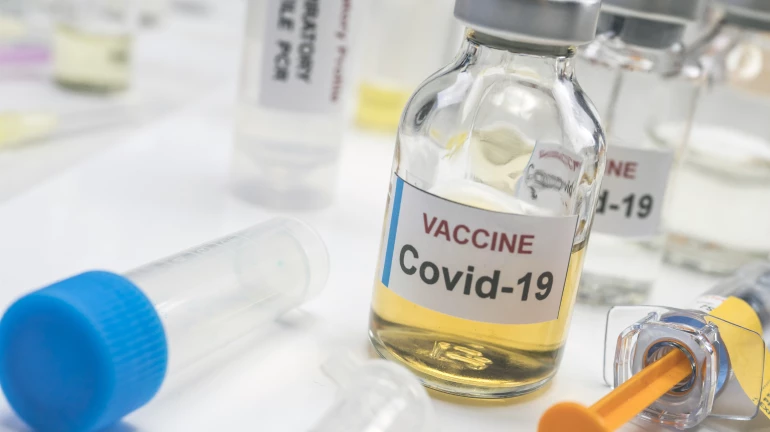
With the administration of over 73.67 lakh coronavirus (COVID-19) vaccine doses in the last 24 hours, India’s COVID-19 vaccination coverage has exceeded 125.75 Cr as per provisional reports received until 7am, on Friday, December 3, 2021. Reports state that the same has been achieved through over 1.3 crore sessions.
The recovery of 8,612 patients in the last 24 hours has increased the cumulative tally of recovered patients (since the beginning of the pandemic) to more than 3.4 crore. Consequently, India’s recovery rate stands at 98.35 per cent.
Sustained and collaborative efforts by the central and the state governments continue the trend of less than 50,000 Daily New Cases that is being reported for 159 consecutive days now. Moreover, 9,216 new cases were reported in the last 24 hours. India’s Active Caseload presently stands at 99,976. Active cases constitute 0.29% of the country's total Positive Cases, which is lowest since March 2020.
The testing capacity across the country continues to be expanded. The last 24 hours saw a total of over 11.5 lakh tests being conducted. India has so far conducted over 64.46 Cr cumulative tests. While testing capacity has been enhanced across the country, Weekly Positivity Rate at 0.84 per cent remains less than 1 per cent for the last 19 days now. The Daily Positivity rate reported to be 0.80 per cent. The daily Positivity rate has remained below 2 per cent for last 60 days and below 3 per cent for 95 consecutive days now.
Meanwhile, The Union Ministry of Health and Family Welfare has issued answers to Frequently Asked Questions (FAQs) on the new variant of COVID19, classified as Omicron (B.1.1.529) by the WHO on November 26, 2021. WHO declares a variant as a VoC after assessment when there is increase in transmissibility or detrimental change in COVID-19 epidemiology; OR increase in virulence or change in clinical disease presentation; OR decrease in effectiveness of public health and social measures or available diagnostics, vaccines, therapeutics.
Sharing more details, WHO stated that, "It is important to highlight that Omicron has been declared VoC based on the observed mutations, their predicted features of increased transmission and immune evasion, and preliminary evidence of detrimental change in COVID-19 epidemiology, such as increased reinfections. The definitive evidence for increased remission and immune evasion is awaited. The precautions and steps to be taken remain same as before. It is essential to mask yourself properly, take both doses of vaccines (if not yet vaccinated), maintain social distancing and maintain good ventilation to the maximum possible."
The government is monitoring the situation closely and is issuing suitable guidelines from time to time. Meanwhile, the scientific and medical community is geared up for developing and deploying diagnostics, carrying out genomic surveillance, generating evidence about viral and epidemiologic characteristics, and development of therapeutics.
As of now, there is no evidence to suggest that existing vaccines do not work on Omicron, some of the mutations reported on Spike gene may decrease the efficacy of existing vaccines. However, vaccine protection is also by antibodies as well as by cellular immunity, which is expected to be relatively better preserved. Hence vaccines are expected to still offer protection against severe disease and, vaccination with the available vaccines is crucial. If eligible, but not vaccinated, one should get vaccinated.





